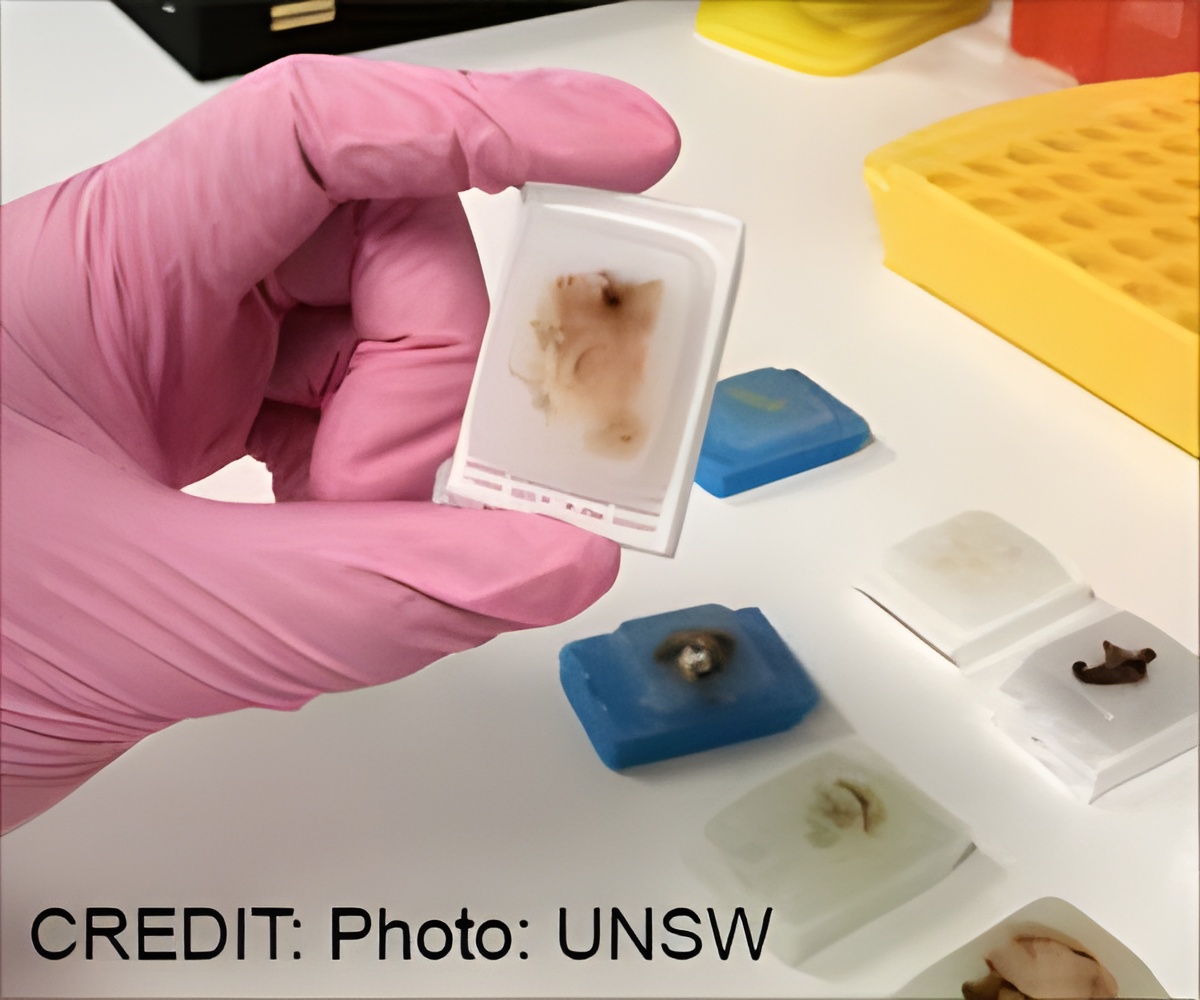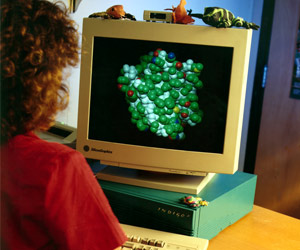The price of companion diagnostics that improves the predictability of the oncology drug development process is expected to decrease in the next three years.

Is Companion Diagnostics a Cost-Effective Option In Cancer Treatments?
The cost of a companion diagnostic can vary widely depending on several factors, such as the type of test, the complexity of the technology, the intended use, and the regulatory requirements of the country in which the test is marketed. It is important to note that the cost of a companion diagnostic is often only one aspect of the overall cost of targeted therapy.‘The pricing of companion diagnostics in cancer care will drop soon through various initiatives by manufacturers.’





Companion diagnostics are designed to identify patients who are most likely to benefit from a particular medication or therapy, and the cost of the therapy itself can be much higher than the cost of the diagnostic test.It is important to consider the overall value of the companion diagnostic test in the context of the potential benefits of targeted therapies for patients. Most of the companion diagnostics in oncology are cost-effective.
In some cases, companion diagnostics may not be available at all in certain regions, making it difficult or impossible for patients to access the therapies they need. In other cases, companion diagnostics may be available but at a significantly higher cost, making them unaffordable for many patients.
As a result, the availability and cost of these tests can be a significant barrier to accessing targeted therapies in developing countries.
Efforts are being made to improve access to affordable companion diagnostics, particularly in developing countries, to ensure that patients can receive the most appropriate treatments for their medical conditions.
Advertisement
Advertisement















